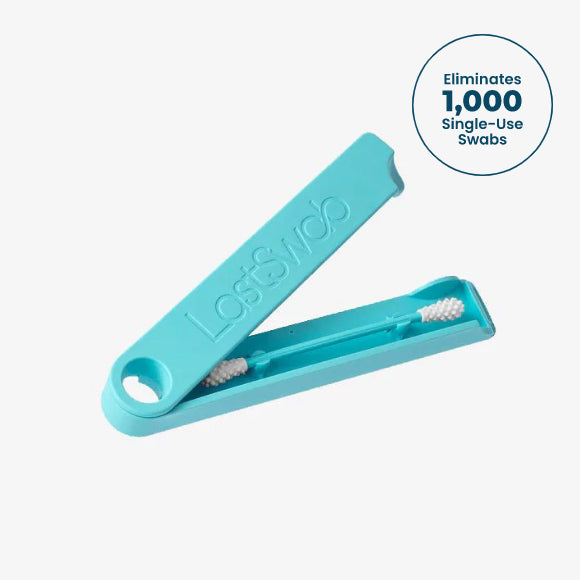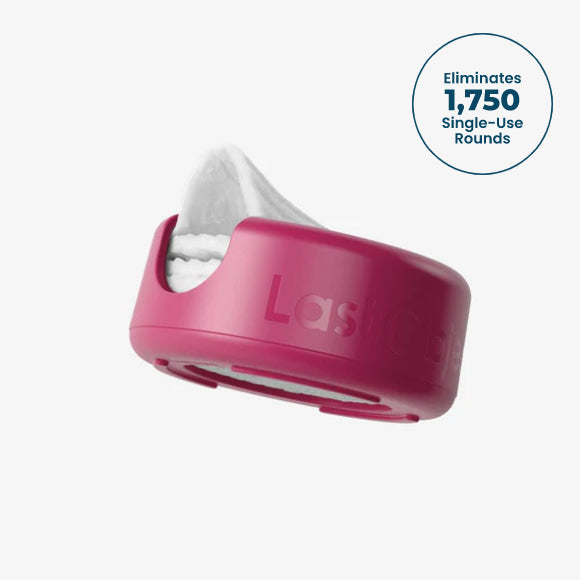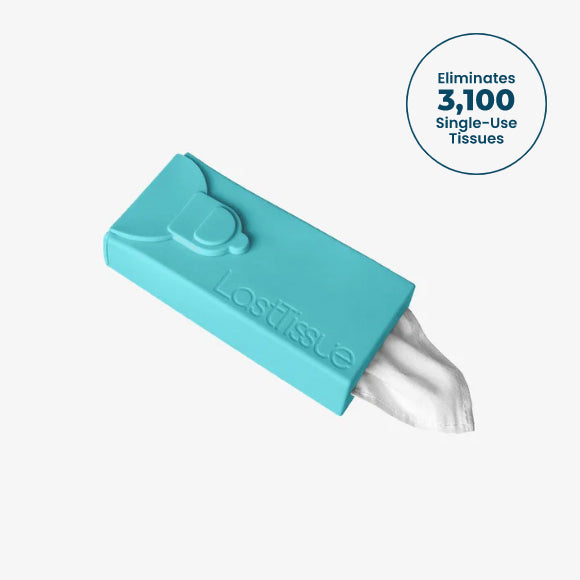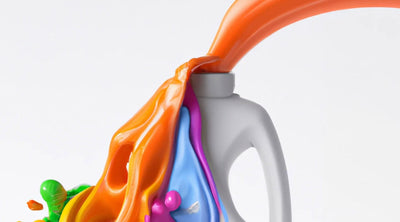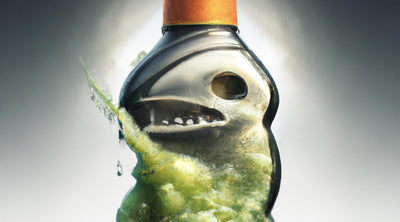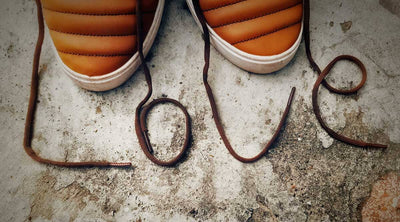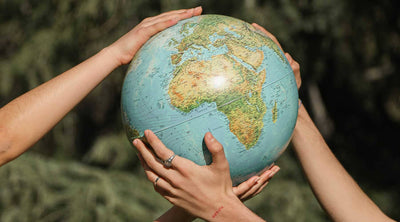Everyday Actions and our Mental Health
05 mars 2020“It isn’t the mountains ahead to climb that wear you out; it’s the pebble in your shoe.” - Muhammad Ali
What shoe pebbles do we have that are affecting our lives? Some of them may be our diet, lack of exercise, stress, or maybe it could be much smaller things. Maybe the pebble is us not living in line with our values.
When we learn about how to take the actions necessary to align with our values, two things tend to happen:
1. We make changes and feel great about them.
2. We start to realize how much of our daily lives are unaligned with our values.
Aligning ourselves with our values is a pretty essential part of our fulfillment. Maybe that looks like introducing more reusable products, driving less, eating more veggies, etc.
A part of learning is noticing the everyday actions which are not in line with our values. Especially since these actions are made every day or regularly, they can take a toll on our mental health.
While we can justify why we are making them, they eat us up on the inside. This is the pebble in our shoe.
Let’s look at some examples so you know what the heck I’m talking about.
What could these actions look like?

In relation to a more eco friendly lifestyle, several everyday actions can impact our mental health and fulfillment:
- Using disposable water bottles or plastic and paper cups.
- What we are eating.
- The disposable cutlery and plates or bowls we use.
- Our commute to work, school, and anywhere else.
- The companies we give our money to.
- Our level of consumption on a day to day basis.
These are intended to be examples of daily actions that could impact your sustainable life. While a lot of us may experience effects from these exact examples, some of us may need to look at our own lives to determine what is affecting us.
This will vary based on what we’ve learned about our impacts and what we believe to align and not align with our values. Or, what we believe to affect or not affect our mental health.
So now you’ve seen some examples, but we never want to leave you with a problem and no way to solve it. So let's look at those!
Solutions to these actions

As we may know, a lot of the solutions to single use items are replacing them with reusable products, but what about the other things? Here are some examples of solutions for a more sustainable life:
- A reusable water bottle or cup.
- A diet eating more plant based, locally caught or sourced foods.
- BYO-forks, knives, spoons, straws, plates, bowls, or to go containers.
- Carpool more, ride a bike, walk when possible, or ride a train/bus!
- Research and think about who we are giving our money to. How are these companies treating the planet and people on it?
- Ask ourselves if we need the things we are purchasing? Is there a better option? A more reusable or sustainable one?
If we want to live a more sustainable life in line with our values it really comes down to asking the right questions. We talk about this a bit more in one of our articles found here. The biggest question should be, does this action align with my eco friendly lifestyle?
Why everyday actions specifically?

Let’s hang on to this pebble in our shoe analogy. Thanks Ali.
If the pebble in our shoe is only in there for a second then miraculously falls out and never comes back, then no problem right?! This is a one-time occurrence of something which doesn't happen very often at all.
Example:
Let’s say we spill coffee all over our clothes right before some event. We have no way to go home and get our clothes and the only option is to purchase some from a company that does terrible things to the environment. This is probably a painful situation knowing it isn’t in line with our values, but it’s hopefully a one time thing. We can seek comfort in knowing it probably won’t happen again.
While we shouldn’t get in the habit of saying “it’s okay because it’s only this once”, it would be much worse (for the planet and our health) if it was a regular action we take.

Now, let’s say the pebble is in our shoe every step we take and it will never come out. Our foot will eventually begin to blister and at some point it may get so bad that we can barely walk. This is an everyday action we make that goes against our values.
Example:
Sticking with the terrible clothing store, let’s say we continue to shop at this clothing store. We come up with a lot of reasons why we have to: it’s close by, the stuff fits me really well, it’s affordable, and their clothes make me feel good!We come up with all of these (arguably good) reasons why we shop here but deep down we know it isn’t in line with our values. We know this store doesn’t treat people well,and it treats the environment even worse.
It’s worth saying the purpose of this article isn’t to guilt anyone in to changing their lifestyle choices. The purpose is more to convey how our everyday actions affect us mentally.
It sounds weird. How can shopping at a store we don’t believe in affect us that much? How can using a couple cotton swabs or tissues every day have that much of an impact on us and the environment?
One single pebble against our foot for a moment will do nothing. But the more we keep that pebble in our shoe, and the more pebbles we add, the more discomfort we will feel.
How to decide what is and isn’t in line with our sustainable life

Much like our lifestyles are different, so are our paths to learning about sustainability. What we decide is and isn’t in line with our eco friendly lifestyle ultimately comes down to what we have and haven’t learned yet.
When we learn about how certain lifestyle choices affect our environmental impact, most of us will learn about them in a different order than others.
What I’m saying is we shouldn’t look to others to determine what we feel in our hearts, this can only be determined by us. If we don’t know why we should be switching to reusable products, then maybe we should focus on learning first.
Once we learn about something then we can determine what is right.

When we look for justification for doing or not doing something, that is our brain talking. Our brain is useful for learning about what is and isn’t good for people and the planet. But our heart is what’s good for deciding how to act accordingly based on our values and what we feel is right.
Once we learn the truth about how a specific choice impacts the world, it's up to us to look into our hearts for how to act accordingly. Not only will this benefit the planet, it will maintain our fulfillment knowing we are living a more authentic life.
MORE Sustainability 101 ARTICLES View all ›
Ready to make
the switch?
- Powerful Cleaning
- Dissolves Easily
- Skin-Friendly
- Eco-Friendly
- No Mess





